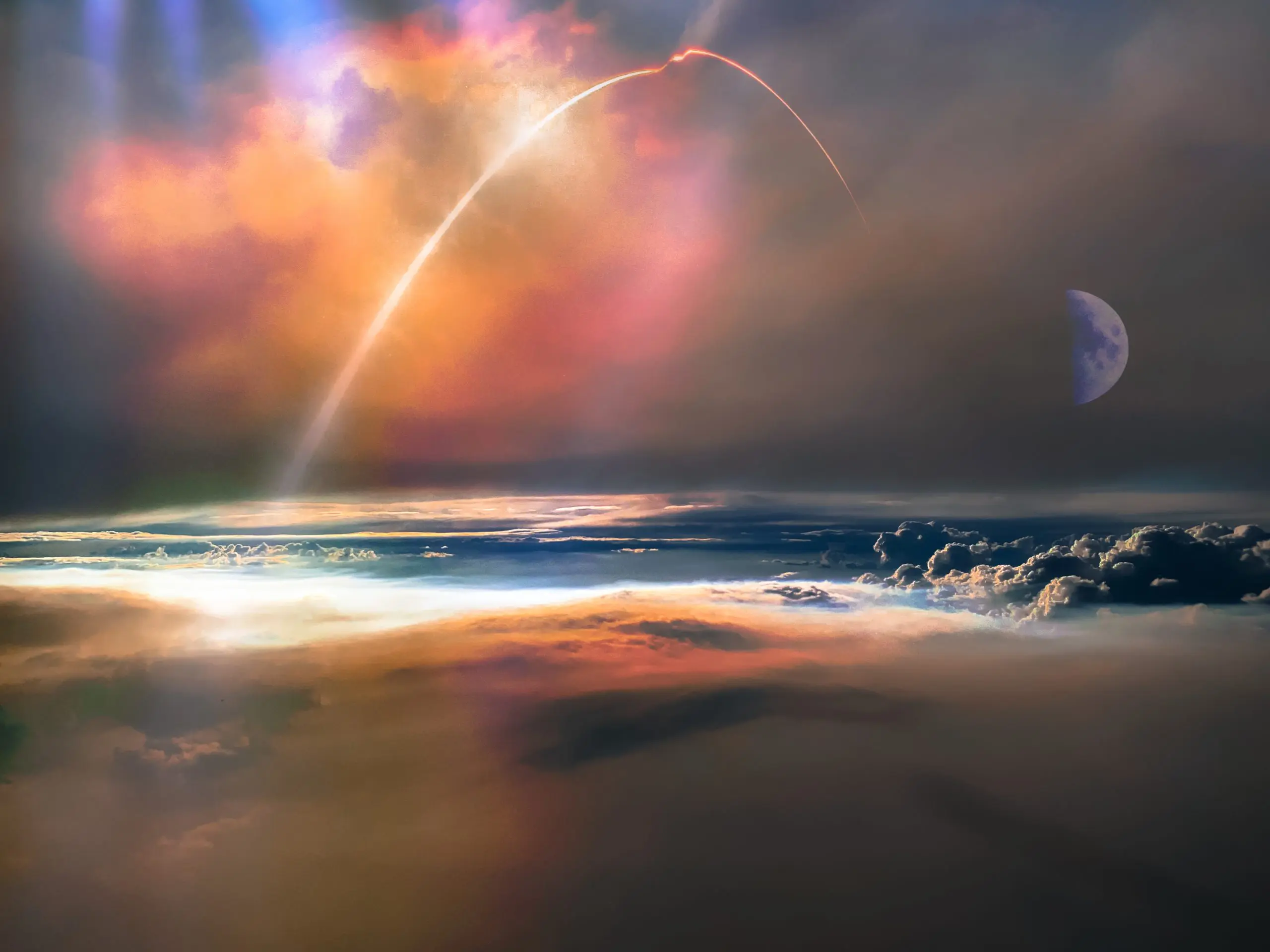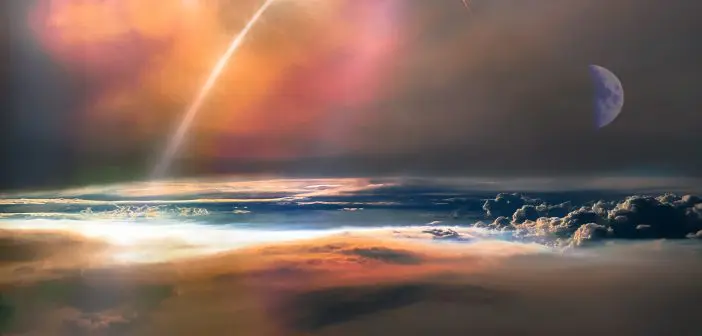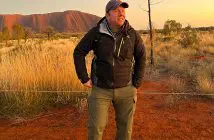
The Australian Parliament’s Joint Standing Committee on Treaties has tabled its report recommending the ratification of the Technology Safeguards Agreement (TSA), a space treaty between Australia and the US. The treaty was signed in Washington DC last October but has been winding its way through Australia’s legislative processes ever since.
The committee announced it would recommend ratification on July 4, 2024, with Chairman Josh Wilson saying it aligned with Australia’s national interest and benefited the development of the local space industry. “The agreement reflects Australia’s commitment to transforming and growing our space sector, as well as further developing our strong bilateral relationship with the US,” he said. “The increase in US investment and activity will also benefit the Australian economy.”
The TSA sets up a binding legal and technical framework that protects US space launch technology in Australia and prevents unauthorised access to sensitive technology. The US already has TSAs in place with several other countries, including the United Kingdom, Brazil, and New Zealand. The TSA with New Zealand paved the way for RocketLab to develop its spaceport on the country’s North Island.
One of the primary reasons Australia is signing up is to allow the export of US space technology to Australia for space launch purposes. In the absence of the TSA, such exports are constrained by the US export controls and defence policies.
The committee received ten submissions, which they considered when examining the TSA. Most broadly supported the TSA. Capricorn Space Agency Director Cameron Ikin called it an “amazing opportunity” and a “stepping stone” for Australia. Southern Launch CEO Lloyd Damp said the TSA was a potential “game-changer” for his company and would allow it to work more closely with US companies.
One of the few critics was Gilmour Space, whose CEO Adam Gilmour told the committee there would be limited benefits to Australia and that the TSA posed significant risks and lost opportunities for local rocket manufacturers and their Australian supply chain. “The TSA, as it stands, is more likely to result in a net negative economic scenario for the space sector,” he argued.
However, Damp said the TSA will accelerate the development of the Australian space industry and deliver increased opportunities to local space companies. “For the space industry, the launch site is a central point that attracts other space companies and builds, layer upon layer, a connected web of space companies and supporting industries,” he said. “Increasing the launch cadence by launching US vehicles from Australian shores will strengthen our position as a centre of gravity that attracts and supports the space industry along with other supporting industries.”
Australia is one of many countries close to ratifying a TSA with the US. Canada is also close to concluding negotiations. When both TSAs are enacted, the US will have space TSAs in place with all its Five Eyes partners. For Canada, the TSA is critical if US companies are to access the Nova Scotia Spaceport and help make it a commercial success.
The Australian Parliament is expected to ratify the TSA later this year.





